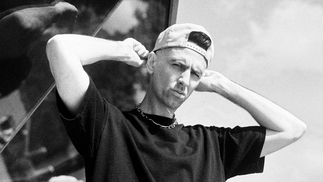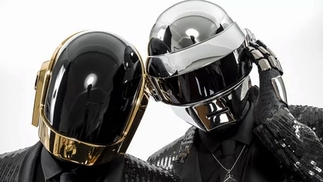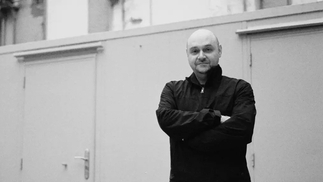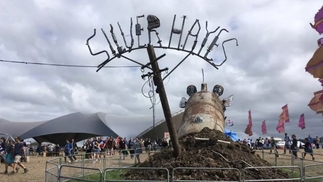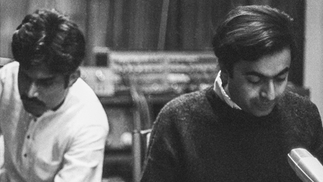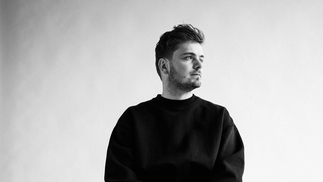Q&A: WORTHY
Dirtybird forefather and "booty-future house" DJ/producer Worthy has spent the last decade proving his eclectic-yet-groovy sound is synonymous with his name...
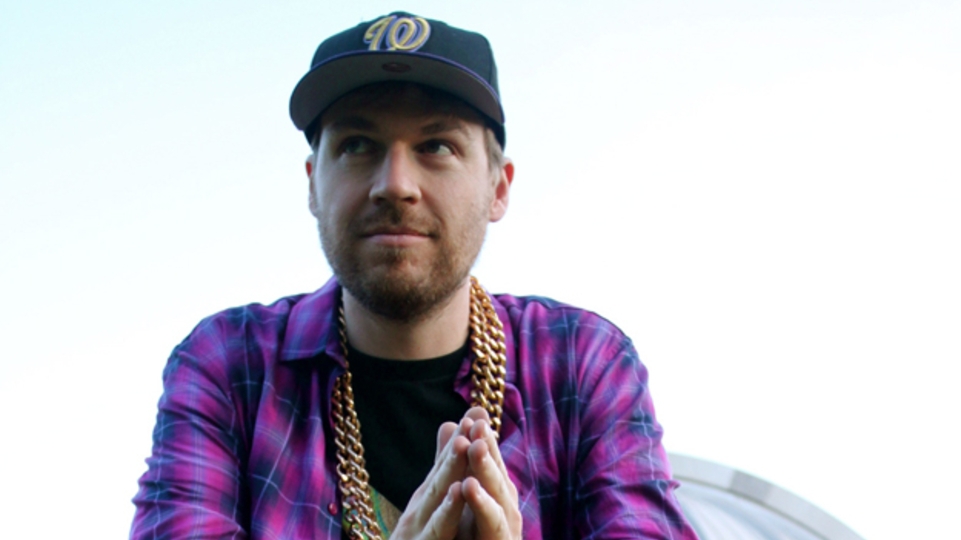
Raised in Washington, D.C, Worthy's primary inspiration stems from go-go music — a style that blends tribal drums, funk and hip-hop — but it wasn't until moving to cities like New York and San Francisco that the experimental producer discovered his passion for house music.
NYC provided the rave element and SF, the diversity heard in many of his signature tracks. As much as he enjoys breaking the rules musically, Worthy's sound is easily recognizable, solidifying him as a tastemaker in house music. Clearly, his christian louboutin uk outlet decade-long catalogue of work resonates with fans and artists alike, who can all agree his tracks live up to his moniker.
Having just released a two-disc remix compilation for his 2014 critically-acclaimed debut LP, ‘Disbehave’, Worthy takes some time before the dance storm known as Miami Music Week to chat with DJ Mag about the inspiration behind the project with his house homies, and a decade of Dirtybird...
Your sound is definitely genre-bending. Do you find not sticking to one genre allows for more creative experimentation?
"As a generalization I would say I make house music influenced with elements of breaks and hip-hop, and just good old fun. I try to go outside of that box at times and make other types of music.
There is so much to experiment with and explore musically, that I find it necessary to break down the walls and let myself be free to grow as an artist, and not care about whether I fit into a particular genre or fulfill some preconceived expectation with my sound."
Does being so uninhibited with your music prevent you from having to chase popular trends in electronic music?
"I never have been trying to chase down the crazy new dance trend. I always try to make the music that comes out of me as an artist and works for me as a DJ. I am always getting excited personally from what other people are making, and I find christian louboutin outlet inspiration from great dancefloor tracks. But in the end, I think it is more important to just be yourself as an artist than chase a trend and get pigeonholed in a sound that will one day die out."
As one of the founding fathers of Dirtybird, can you recall the first time you met Claude [VonStroke], Justin and Christian [Martin]?
"I knew I was going to make a real go of it after my first records on Dirtybird and Leftroom Limited were so well-received. At that moment I just knew I could make some real good music, as the people I always looked up to were playing my music, from Sven Väth to Pete Tong to Carl Cox.
Justin and I met in college in NYC; I think we were both skateboarding outside of our dorm when I met him. I met Christian and Claude shortly after I moved to San Francisco in 2002. We were all super passionate about dance music and it was kind of a no-brainer, I guess, that we all teamed up to start the Dirtybird parties."
You just released a two-part remix album of your debut album ‘Disbehave’. Why did you want the songs remixed and how did you decide who would do the remixing?
"The songs have so much depth and musicality to them, I really wanted to see what other producers would come up with from what was in the original. I was really keen on doing remix packages from the beginning.
I think doing remixes and having other people do remixes is a great way to reach new potential fans while experimenting with music. I hit up my producer friends who I have worked with over the years or just have a great relationship with to see who was going to be up for christian louboutin bags doing a remix, and pretty much everyone I asked to do one was available and wanted to.
It is really amazing to look at the level of talent, from Stanton Warriors to Thugfucker to Nick Monaco to Matt Tolfrey and on and on."
You established your own label as well, Anabatic Records. What are the biggest pros and cons of being a label owner?
"The biggest pros are having the ability to put out one of my tracks at any point that I want, getting to find new talent, and have tracks that no one else has yet.
For cons, it takes a long time to go through demos and it is a lot of work to make sure that the ship keeps on moving in the right direction and that things don’t fall through the cracks, as well as the crappy paperwork too. The pros definitely outweigh the cons."
words: Jordan Diaz
